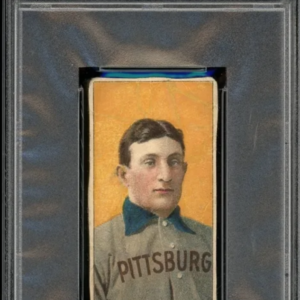The world of trading cards is abuzz with a mounting face-off between industry leaders, Fanatics and Panini. As Fanatics steers its way deeper into the NBA and NFL card markets, Panini has launched an antitrust lawsuit in response. Central to their conflict? Fanatics’ assertive push into territories traditionally dominated by Panini.
The chosen battlefield is the U.S. District Court in Tampa, Florida. In defense, Fanatics is firm, stating that Panini’s allegations seem hollow, especially considering Panini’s past penchant for monopolizing exclusive sports deals.
Using a comprehensive 35-page report, Fanatics sheds light on Panini’s historical tactics—garnering exclusive licenses with a host of sports organizations and athletes. According to Fanatics, this mirrors the very approach Panini currently opposes. Should Panini feel marginalized, Fanatics contends, it’s a reflection of the changing market pulse, not Fanatics’ specific actions.
While Panini’s core concern centers on Fanatics’ aggressive foray into NBA and NFL licenses, Fanatics asserts that its 2021 exclusive pacts with entities like NBA, NFL, and MLB were achieved through sheer competitive prowess.
Reinforcing their reputation, Fanatics stresses they never swayed any organizations away from Panini’s proposals nor engaged in any shadowy tactics to gain an upper hand.
However, Fanatics also challenges Panini to produce concrete evidence supporting its antitrust claims.
Yet, there’s more to the saga. Panini has expanded the legal warfront to Texas, triggered by a significant shift of Panini stalwarts to Fanatics. Amplifying Panini’s concerns, Fanatics poured funds into the very printing company that catered to Panini. Additionally, Fanatics’ exclusive arrangements with three standout NFL newcomers meant their autographed cards are absent in Panini’s latest NFL suite.
In Fanatics’ view, these moves align with market evolution. With their newly acquired licenses, their mission was crystallized: elevate every facet of the card-collecting journey, from talent integration, amplifying print capacities, to strategic athlete partnerships.
Despite the whirlwind of allegations, Fanatics stands its ground. They firmly dismiss any insinuations of wrongdoing concerning the staff who transitioned from Panini. In their narrative, those professionals were simply seeking enhanced career opportunities at Fanatics. Further, Fanatics sees its strategic partnerships with budding athletes as both astute and within legal boundaries, designed to enhance their market presence and better serve their partners. They consistently emphasize that their strategies are not crafted to erode Panini’s market share.


